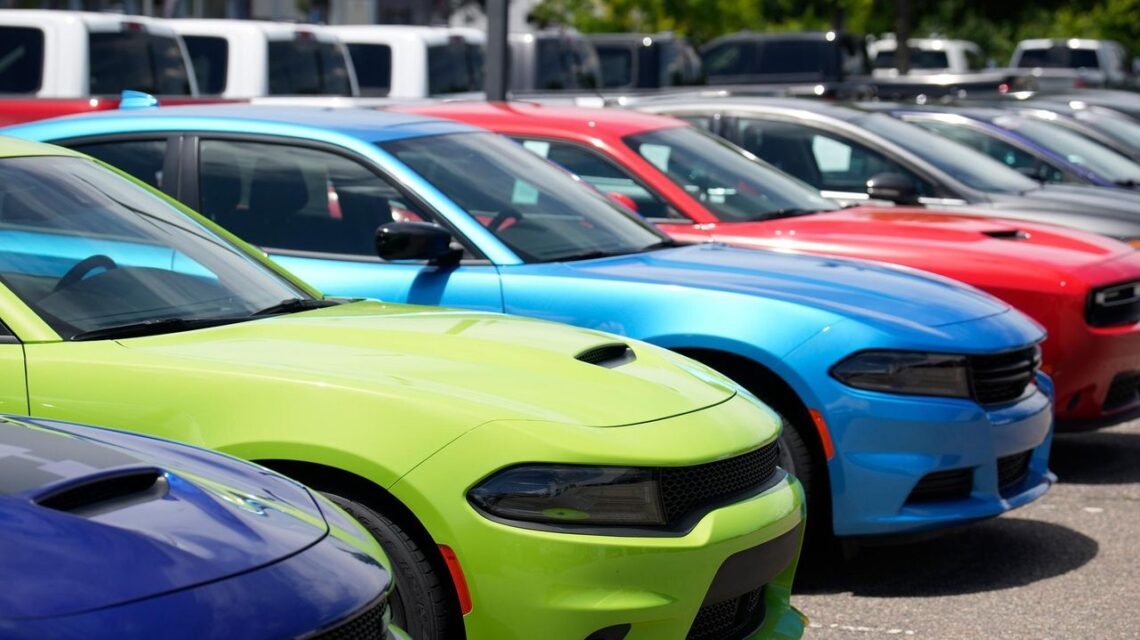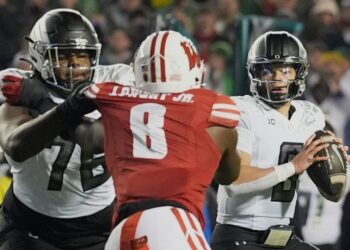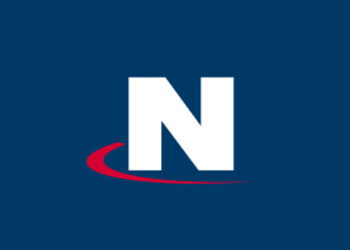DETROIT — Undeterred by high prices, rising interest rates, autoworker strikes and a computer-chip shortage that slowed assembly lines, American consumers still bought 15.6 million new vehicles last year, 12% more than in 2022, the biggest increase in more than a decade.
Yet sales still haven’t returned to the 17 million rate in the years before the pandemic, and there are signs of a cooling market as buyers aren’t as willing to pay astronomical prices that dealers and manufacturers were charging just months ago.
“You see the consumer making a concerted effort to ensure that they’re getting the best price possible,” said Jonathan Chariff, CEO of South Automotive Group, a 10-dealership group in the Miami area. “They basically feel that this is the right time to buy from a perspective of being able to get the discounts.”
Average auto sales prices peaked in December of 2022 just over $47,300, with vehicles in short supply because of the global chip shortage that limited production. Some dealers were able to charge over the sticker price to buyers who needed a new ride or had the money to get one.
But the chip shortage gradually eased last year to the point where it’s nearly over, and assembly lines are running at near normal speeds. General Motors, Ford and Stellantis endured six-week strikes by the United Auto Workers that ended last fall. As a result, vehicle supplies on dealer lots are strong and growing, and prices are starting to fall as automakers and dealers dangle discounts.
Data from J.D. Power show that average prices in mid-December were down 2.7% from the peak, to around $46,000. But they’re still nowhere near pre-pandemic prices due to a 26% runup from 2020 to 2022 as cash-rich buyers drove up prices mainly by buying loaded-out trucks and SUVs. That was about 10 percentage points higher than the inflation rate for the same period.
Still, Jonathan Smoke, chief economist for Cox Automotive, said he expects the gap between the sticker price and the…
Read the full article here







